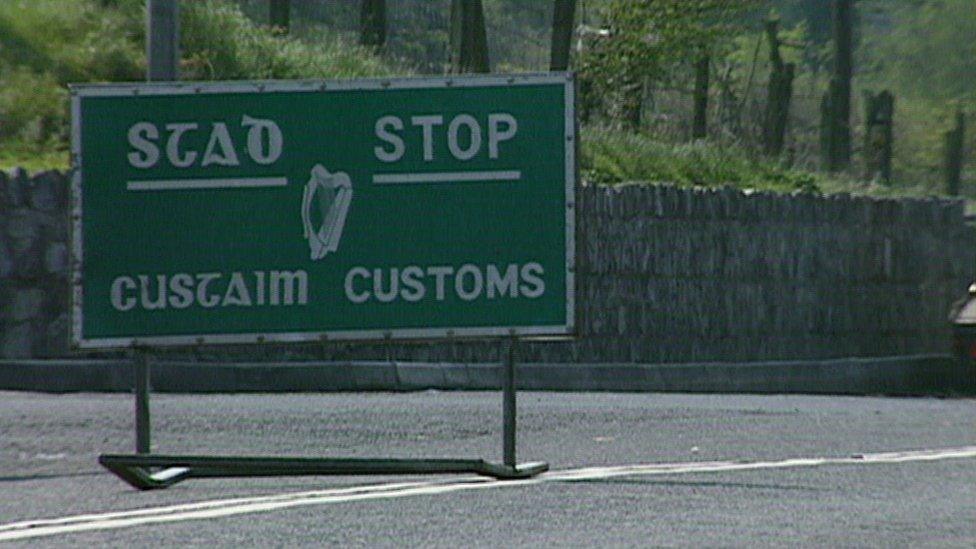May's post-Brexit customs deal plan 'unworkable', Bruton says
- Published
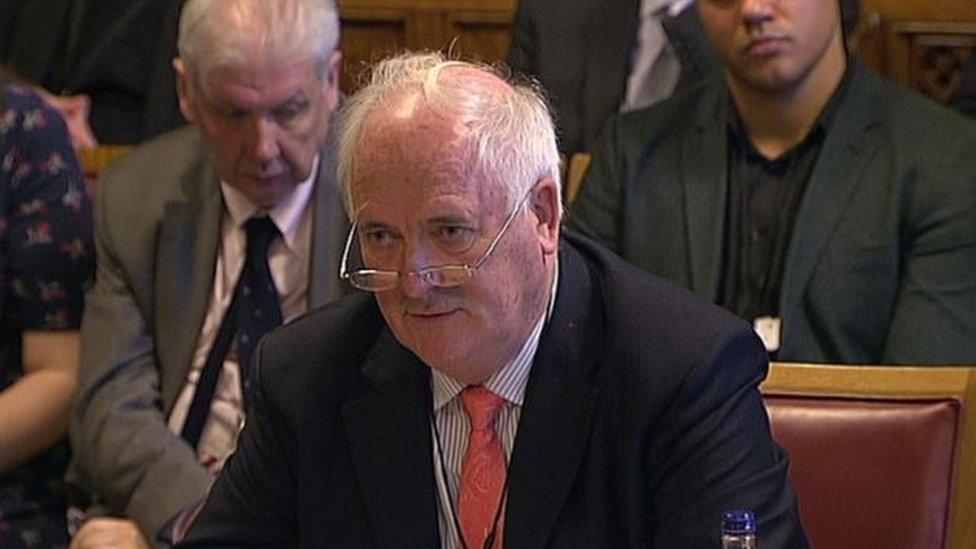
John Bruton, pictured at the House of Lords EU Select Committee last year
Former Taoiseach (Irish prime minister) John Bruton has said the Prime Minister's plan for a post-Brexit customs deal will be "unworkable".
Theresa May has said Brexit means leaving the European Customs Union.
It currently allows tariff and paperwork-free trade between the UK and the Republic of Ireland.
Sinn Féin has said exiting the European Customs Union creates a "hard border on the island of Ireland".
Former Deputy First Minister Martin McGuiness said: "A border of the future is coming at us."
Mr Bruton said Mrs May was "remarkably unclear about the sort of relationship she wants with the EU Customs Union".
He said what Mrs May had laid out would run into difficulties with the World Trade Organisation
Earlier on Wednesday, Brexit Secretary David Davis said the UK leaving the EU would result in difficulties over border controls on the island of Ireland, but that any problems could be solved.
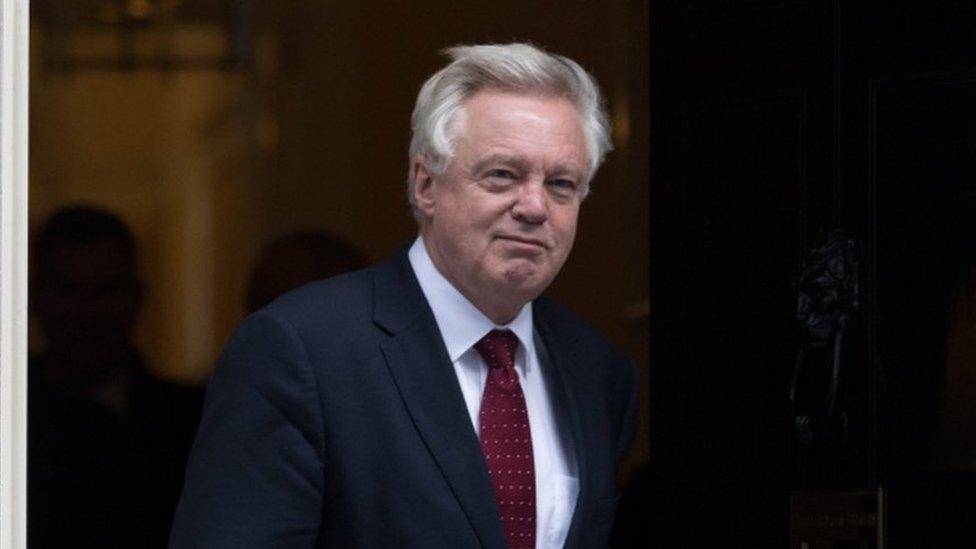
David Davis said the relationship between the UK and Ireland was good
When asked about Irish border controls, Mr Davis said: "These are difficult problems, but they are all soluble."
'Treated like British citizens'
"One of the things that is important in the peace process is not having a border with watch towers and all this sort of stuff," Mr Davis told LBC radio.
"But you know in this day and age you don't need all that stuff to look after customs arrangements and so on.
"We have had with Ireland a Common Travel Area long before we were in the European Union, what that means is we don't check up on Irish people coming here or vice versa going from here to Ireland.
"We treat Irish citizens just like British citizens and they treat British citizens just like Irish citizens, a very important part of our relationship which is actually very good in the last few years since the Queen's visit and all that."
Mr Davis also told BBC Radio 4's Today programme that negotiations with the EU would conclude after two years.
He said customs checks for lorries was one of the things the UK would be looking to negotiate.

What is a customs union and why does it matter?
A customs union, external is a form of trade agreement between two or more countries.
It means they decide not to impose tariffs (taxes on imports) on each other's goods and agree to impose common external tariffs on goods from countries outside their customs union.
Setting common external tariffs is what distinguishes a customs union from a free trade area, external.
The key argument for leaving the customs union is that it will allow the UK to negotiate its own trade agreements.

On Tuesday, Mrs May said membership of the customs union prevented the UK "from negotiating our own comprehensive trade deals".
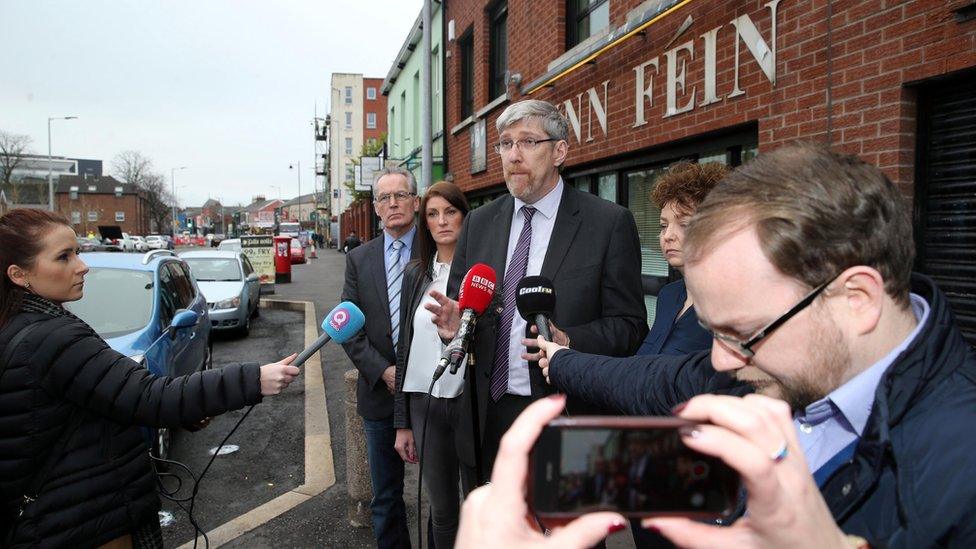
Sinn Féin MLA John O'Dowd said on Tuesday it was clear the views of people in NI were being ignored
In a statement, a spokesperson for the Irish government said that while the prime minister's comments may be seen as a warning of a "hard Brexit", Dublin had been preparing for all possible models of future UK-EU relations.
Taoiseach Enda Kenny defended his handling of the Brexit issue in the Irish parliament.
Mr Kenny said the Irish government's priorities include defending the Common Travel Area, the Northern Ireland peace process, avoiding a hard border and maintaining a strong economy.
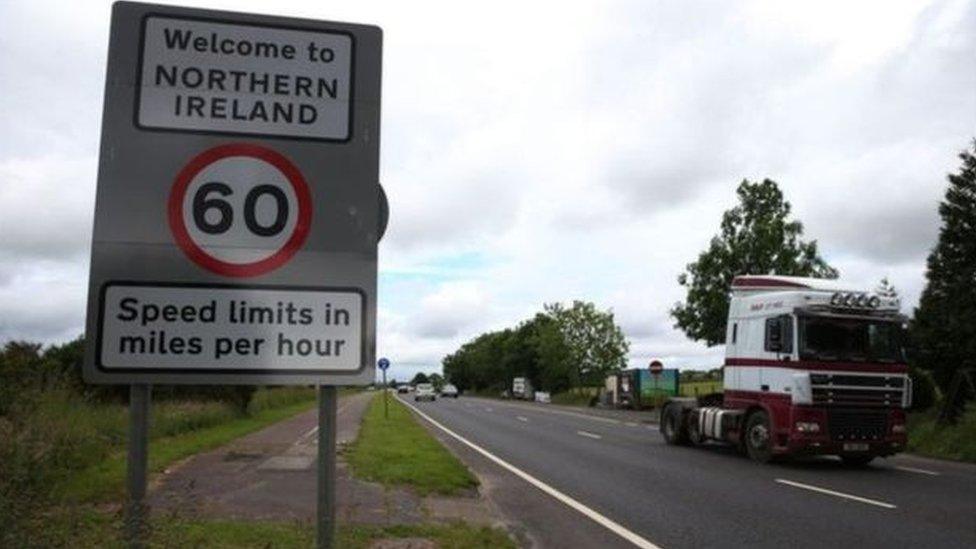
The prime minister said maintaining the common travel area between the UK and Republic of Ireland would be a priority during Brexit negotiations
However, he was criticised by Mary Lou McDonald, Sinn Féin's deputy leader, who said he did not have a plan to deal with Britain's exit from the EU and that it was troubling.
Mr Kenny said that her remarks were typical of someone without responsibility blaming everyone else, and that Brexit negotiations had not started yet.
Mrs May's Brexit speech came just a day after NI Secretary James Brokenshire was legally obliged to call for a new Northern Ireland Assembly election after the executive collapsed.
Stormont was plunged into crisis after the resignation of Martin McGuinness as deputy first minister last week.
- Published18 January 2017
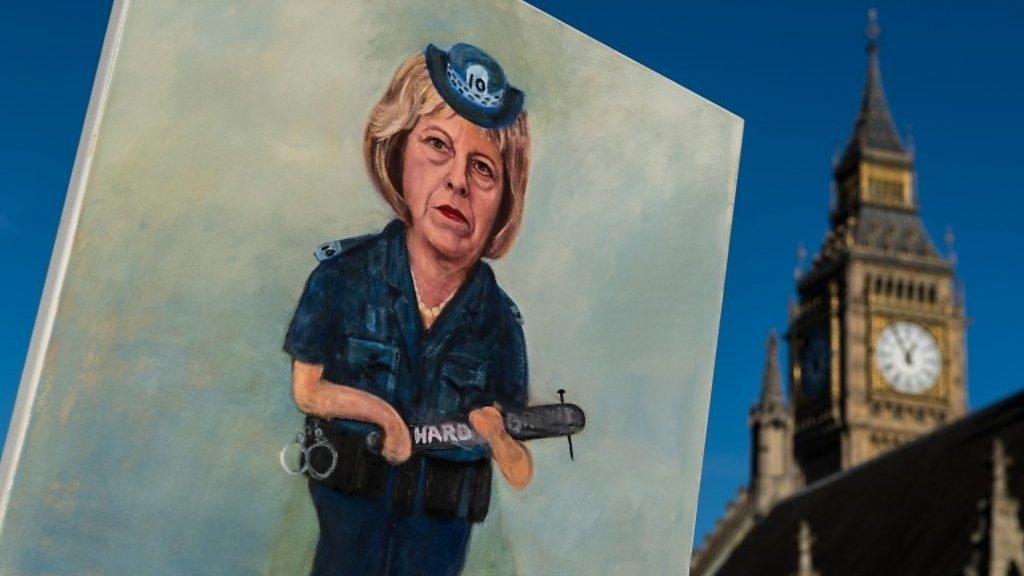
- Published17 January 2017
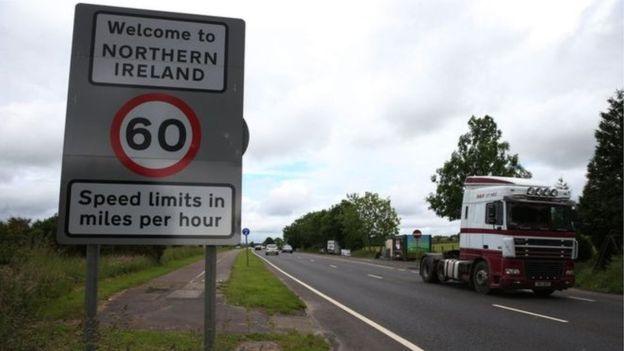
- Published17 January 2017
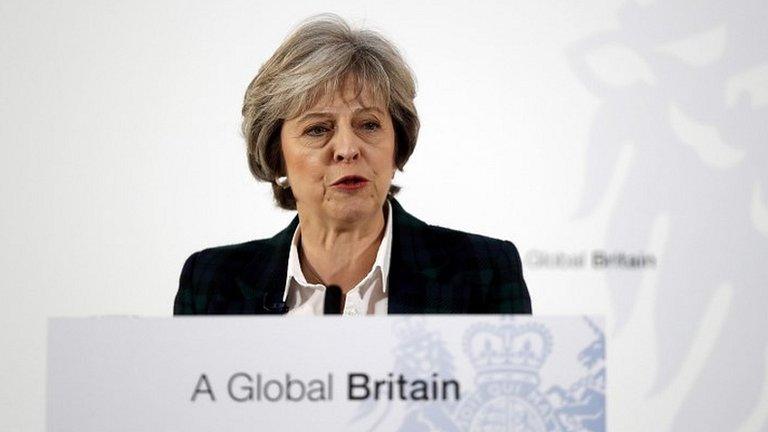
- Published16 January 2017
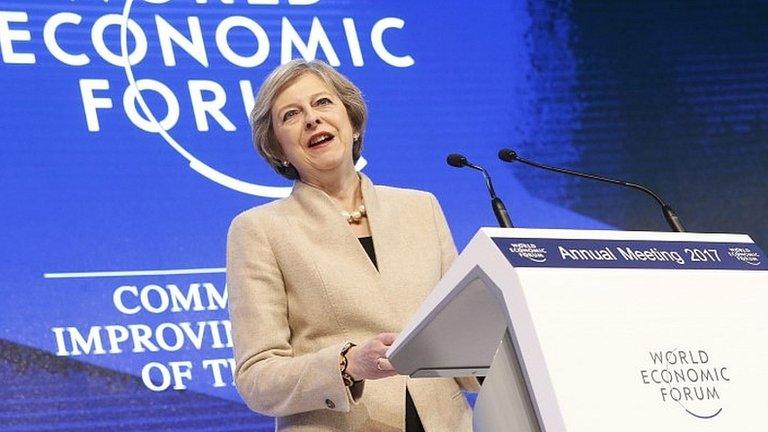
- Published19 January 2017
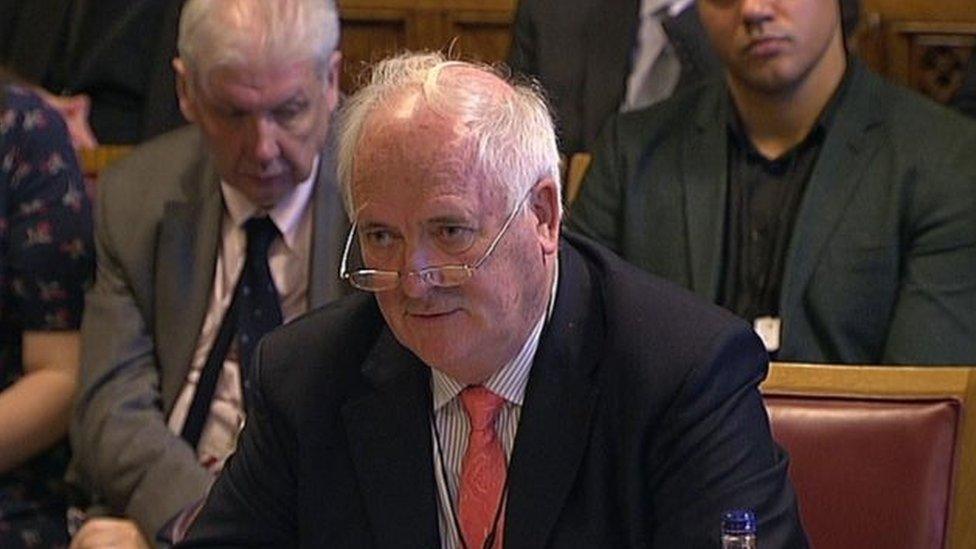
- Published28 July 2016
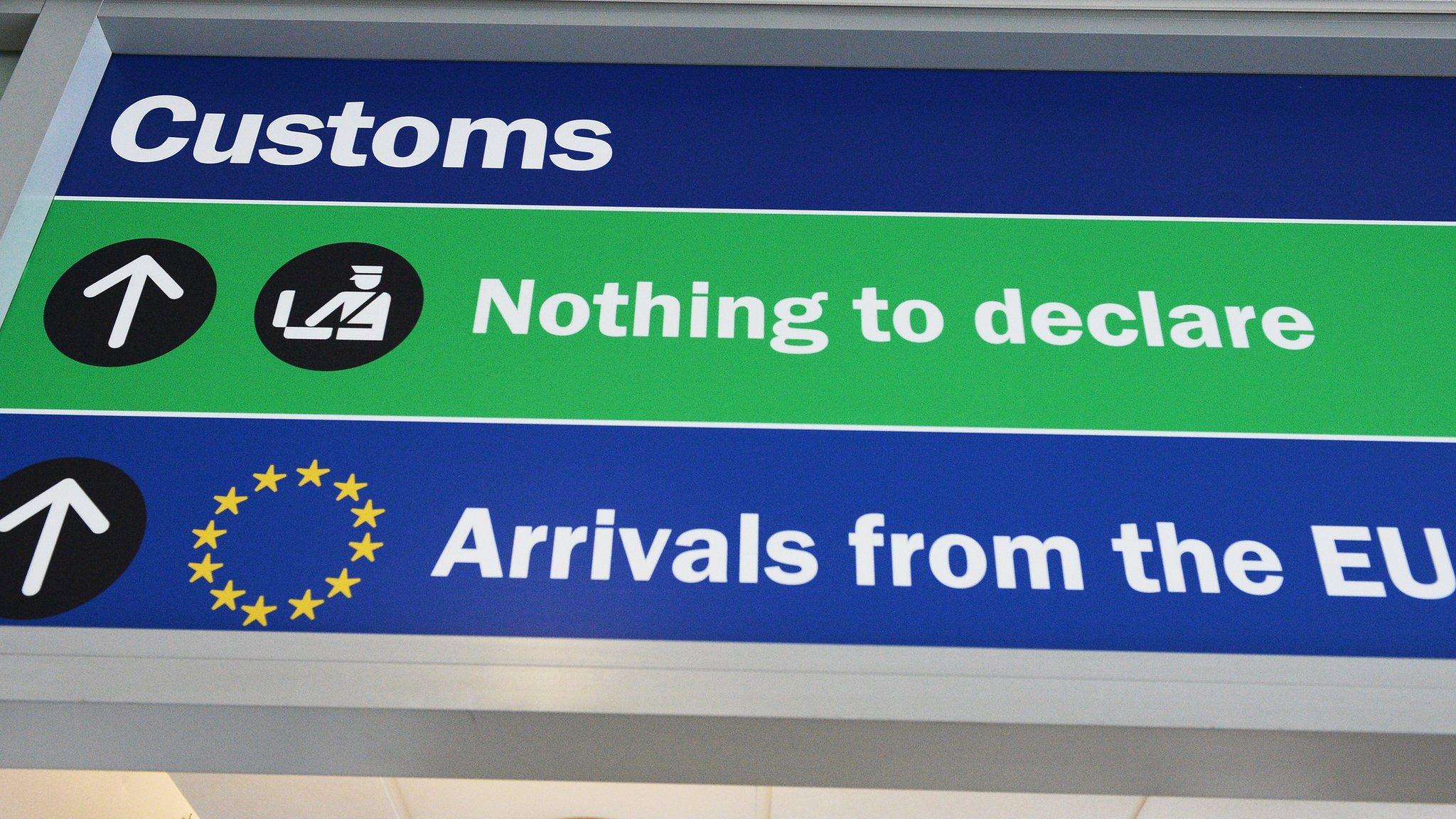
- Published17 November 2016
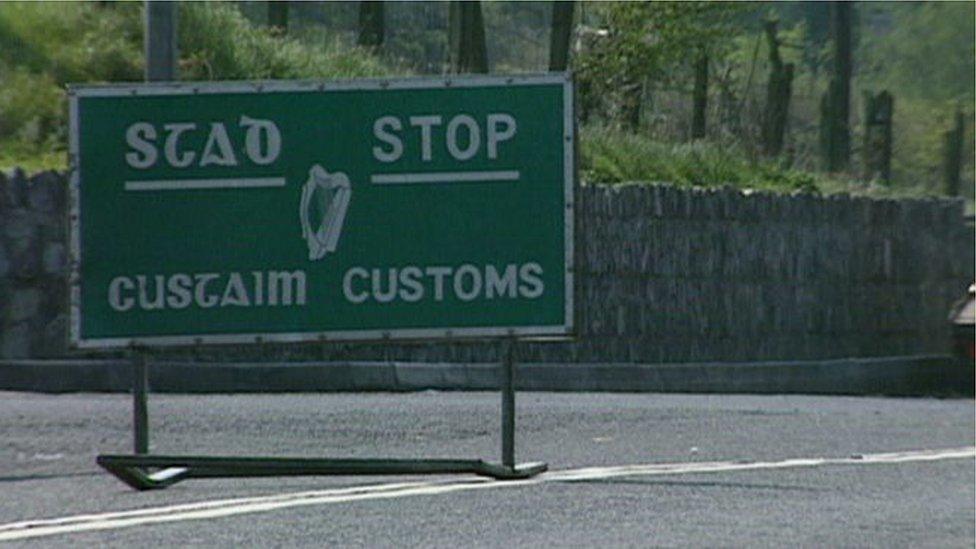
- Published5 September 2016
